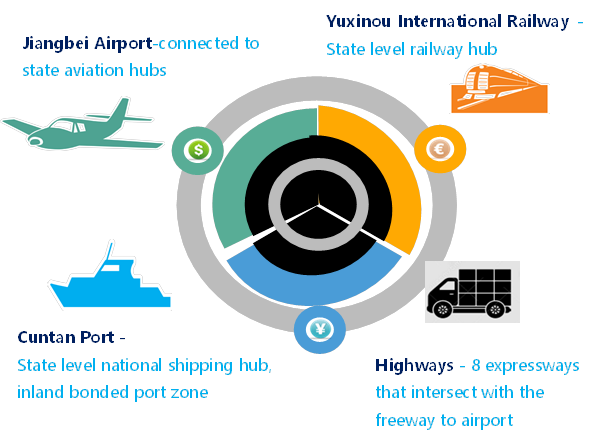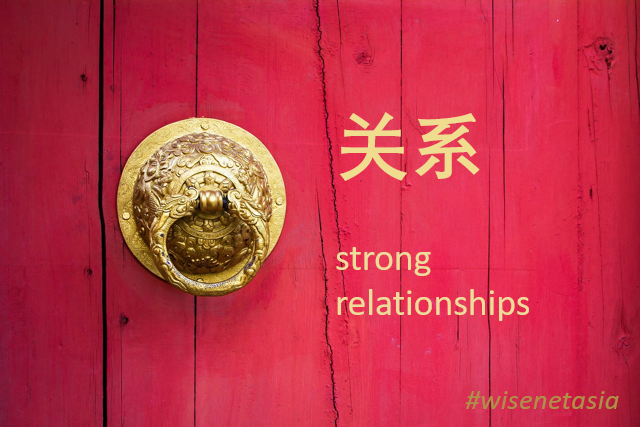WiseNetAsia Knowledge Center
Copyright © 2021 WiseNet Asia Pte Ltd. All Rights Reserved
What is a mid-career dysphoria, you may ask? It is the sinking feeling that your career trajectory is not heading towards the direction that you seek for. It is of all the times we wonder in our heads, “Am I in the right career field?” “Am I doing what I am truly passionate about?” “Am I leveraging on my skills and expertise to its maximum potential?” “Am I creating something of value?” “Why does it feel like there’s a void in me that I can’t seem to fill?” “Why do I feel like I am stuck in a rut?” These questions can truly be harrowing and agonizing for mid-career professionals searching for life’s purpose and fulfillment, whilst needing to juggle between intense work pressures to earn substantially and the stress inducing personal and family demands at home.

Research has shown that when a mid-career dysphoria transpires, it will unequivocally impact one’s personal and work life as these two factors are interdependent, professionals may re-examine their career goals which may then lead to a major shift in their career trajectory, some may find themselves landing a new job, opting for work that is of vast difference with their current job field – starting from ground zero with miniscule remuneration in comparison to what they’re receiving at the moment if they were to stay in their current jobs.
Gianpiero Petriglieri, associate professor of organizational behavior at INSEAD stated that mid-career dysphoria runs deeper psychologically than what we portray it to be, where it is an “episodic moment” of frustration or “a particularly gruesome work project” that depletes you entirely. “Midlife is the time where you lose the illusion of immortality. You know your opportunities aren’t endless, and you realize that time is finite.”
Based on a 1996 article written by Andrew Oswald, professor of Economics and Behavioural Science of University of Warwick and a group of economists, they analyzed a survey of more than 5,000 British employees nationwide, which in turn resulted in the findings where job satisfaction essentially emerge in the form of a U-shaped curve, satisfaction rate declines from an average level in the early years of employment and then increasing exponentially up to the age of retirement.
Whitney Johnson, an executive coach and the author of several books including Build an A-Team stated that, “Professionals question: ‘Is this really what I want to be doing?’” She says that while “it’s natural and normal to experience professional restlessness,” We need to be proactive and figure out the next steps on how to go about this dilemma.
Here are some beneficial key points to look out for:
- Reflect and reassess your current situation by identifying what is the cause of your professional discontent. “One reason for a mid-career crisis is that too much of your time at work is spent putting out fires and avoiding bad results, instead of pursuing projects with existential value” noted Kieran Setiya, a philosophy professor in MIT. Is the organization that you’re working for causing a sense of displeasure? Does it have to do with workplace culture or a sense of loss in personal and professional identity? The lack of development or career advancement or it is purely based on your routine and specialized job scope? Do bear in mind that to reevaluate your career trajectory during midlife might not be facile when you have numerous and non-negotiable commitments to take into consideration i.e. mortgage, your child’s schooling expenses, household expenditures.
- Be multifaceted and seek for constant growth. Boredom can be one of the major setbacks in a professional’s career midway through, when one gets mildly comfortable in their everyday routine at work, you yearn for that adrenaline and dopamine rush from innovative pedagogical methods provided by mentors, self development online courses or even be in the pursuit of a vertical promotion. However, this suggestion may seem unorthodox to many but a lateral move where a different set of skills can be learned without a perceived increment in remuneration might be the possible remedy. One could even be proactive and seize every opportunity thus leveraging on their expertise to find and solve problems within their organization.
- Set and create milestones outside of work. The inability to change what is ongoing in an organization shouldn’t deter you from finding insightful and valuable meaning in life when you’re not at work. For instance, incorporating activities that you’ve been putting on hold, it could be a pet project, a hobby, an interest that can come into fruition as a side hustle.
- Contemplate if you require a change in career. It is worthwhile to deliberate over a seemingly dramatic move if none of the strategies above leave a desired effect. If you feel that your job is abstaining you from achieving greater heights, whether it being in terms of a personal or career development, precipitating your own demise may not be of surprise. People tend to think that remuneration is the only factor that is keeping someone in their respective jobs, but it could also stem from psychological elements such as a supposed “loss of reputation, prestige and status” of leaving a career path that you’re being wired and accustomed to. Switching career roles during midlife may be intimidating but only you know yourself the best, eliminating the risks you have in mind; in all probability, the unused skills and expertise you have in hand may bring you greater career prospects if you decide to take that leap of faith.
In a nutshell, it is undoubtedly conventional to experience a midlife career dysphoria after decades of churning the corporate wheels, fret not, because you’re never alone in this situation, thousands or maybe even millions of people worldwide face the exact same creeping syndrome. You are the captain of your own ship and only you can determine your own path, knowing which undertakings would best suit you – you will come to find that you have more to offer to the world than you initially thought.
—End—






